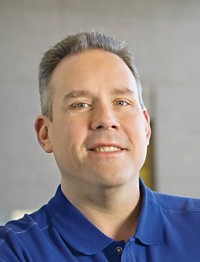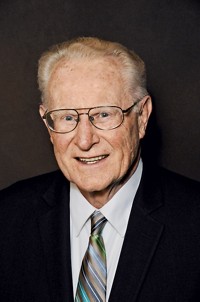Advertisement
Grab your lab coat. Let's get started
Welcome!
Welcome!
Create an account below to get 6 C&EN articles per month, receive newsletters and more - all free.
It seems this is your first time logging in online. Please enter the following information to continue.
As an ACS member you automatically get access to this site. All we need is few more details to create your reading experience.
Not you? Sign in with a different account.
Not you? Sign in with a different account.
ERROR 1
ERROR 1
ERROR 2
ERROR 2
ERROR 2
ERROR 2
ERROR 2
Password and Confirm password must match.
If you have an ACS member number, please enter it here so we can link this account to your membership. (optional)
ERROR 2
ACS values your privacy. By submitting your information, you are gaining access to C&EN and subscribing to our weekly newsletter. We use the information you provide to make your reading experience better, and we will never sell your data to third party members.
Policy
ACS Presentations On Demand
by Kent J. Voorhees
June 4, 2012
| A version of this story appeared in
Volume 90, Issue 23

Years ago, many of us relied on Encyclopaedia Britannica to help us write school research papers. After making our way to the local library, we would search through the multivolume set to find just the right information. Was it inconvenient? Sure. Was it time-consuming to manually search for the needed information? Sometimes. But we trusted the information found in those books.
This iconic publication is on my mind because in March, its publisher announced that the 2010 set of Encyclopaedia Britannica—which cost about $1,500—would be the last one ever printed.
The company will focus now on its digital version, cutting the cost dramatically and giving far more people direct access to this respected resource.
Will people pay $70 annually for a household subscription to the full digital encyclopedia or $1.99 per month for the more limited app version? It will depend in part on how much value people attach to the added credibility of the Encyclopaedia Britannica content compared with free, but less credible, information sources such as Wikipedia.
As scientists, we must have access to reliable, high-quality technical information. The American Chemical Society knows the value of new and proven knowledge and is constantly striving to increase access to the high-quality information we need to advance our careers and our discipline.
For example, starting in 2009, ACS began providing online access to audio recordings and accompanying slides from a number of presentations captured during national meetings. The society created the Electronic Dissemination of Meeting Content (EDMC) system because we realized that relatively few of our more than 164,000 members can attend any given national meeting. What’s more, those who do attend frequently miss important talks while sitting in on other sessions.
From a modest start of providing access to 39 presentations, EDMC has grown to include more than 400 presentations. After reviewing the thousands of oral presentations to be delivered at each national meeting, we invite a select group of presenters to participate in this initiative.
More than 13,000 people viewed at least one of the online presentations from the fall 2011 Denver national meeting. What’s more, 74% of EDMC users surveyed reported that access to online meeting content is “extremely important” or “very important” compared with other products and services provided by ACS. We have made significant progress with this initiative in the five short years since the Board Committee on Professional & Member Relations (P&MR) developed the concept.
But we have not rested on our laurels. This year, we have invested in better technology to enhance content viewing. We have improved the process so viewers can quickly find the presentations of greatest interest to them. It’s now possible to view the content on a mobile device. And in conjunction with the upcoming national meeting in Philadelphia this fall, we will include poster presentations in addition to oral presentations.
Another change will become effective at the Philadelphia meeting: EDMC will get a new name. Starting in August, it will be known as ACS Presentations on Demand. As you might guess, these enhancements come at a cost. Although the society does not intend to generate excess revenues with this initiative, it does seek to underwrite some of the program’s expenses. To accomplish this, beginning with the online content captured at the Philadelphia meeting, ACS will implement a new pricing structure.
Our new approach will reward ACS members with free or reduced-cost access to online meeting content. Conversely, this benefit will encourage those who do not belong to ACS to join. ACS members who register for the Philadelphia national meeting will enjoy free access to the meeting’s online content, as will all active ACS members with a current unemployed dues waiver. For $50, ACS members who do not register for the Philadelphia national meeting will be able to access the content. Nonmembers who register for the Philadelphia meeting will be charged $100; nonmembers not registered for the meeting will be charged $200.
In the coming months, you will hear more about ACS Presentations on Demand. For now, it appears to me that ACS and the reinvigorated Encyclopaedia Britannica have a few things in common as we adapt for the 21st century. We both create and distribute trusted, high-quality information at a reasonable cost. We both measure our success, in part, by the number of people who access our information; consequently we must provide ever-more-convenient ways to obtain it. Finally, we both know our content must be authoritative, comprehensive, and indispensable if we are to stand out in a world awash with information.
P&MR would like to hear from you on this matter. Please e-mail us at pmr@acs.org.
Views expressed on this page are those of the author and not necessarily those of ACS.





Join the conversation
Contact the reporter
Submit a Letter to the Editor for publication
Engage with us on Twitter